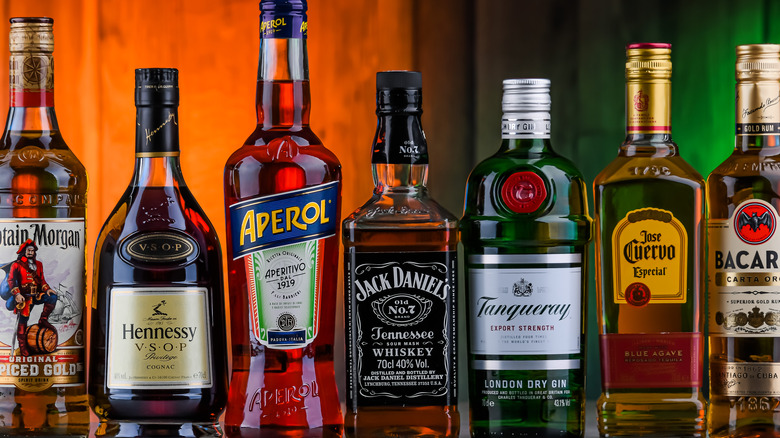Die casting is a highly effective and specific production procedure commonly utilized in industries such as automobile, aerospace, consumer electronic devices, and more. It entails forcing liquified metal into a mold tooth cavity under high pressure, permitting the production of complicated and detailed metal get rid of extraordinary surface coating and dimensional accuracy. In this post, we dive into various facets of die casting, covering products, procedures, and arising trends that are changing the market.
Zinc die casting is one of the prominent kinds of this procedure, favored for its exceptional versatility and cost-effectiveness. Zinc alloy die casting helps with smooth unification of features such as strings, thin wall surfaces, and hinges directly into the casting, decreasing the requirement for second operations.
Aluminum die casting is an additional leading variation, preferred for its lightweight nature and high deterioration resistance. This makes aluminum an exceptional option for aerospace and vehicle fields, where weight decrease is critical for fuel efficiency. Specifically, ADC12 aluminum is a widespread die-casting alloy known for its great castability, dimensional stability, and mechanical strength. ADC12 is frequently used for making intricate parts that call for a combination of agility and effectiveness. A356 aluminum is another alloy often used in die casting. Known for its superb strength-to-weight ratio, A356 is thoroughly utilized in the auto sector for vital components such as wheels and structural parts.
Custom aluminum alloy die casting services are increasingly looked for after by markets requiring specialized and tailored services. Custom die casting allows producers to specify distinct parameters, consisting of alloy kind, surface finish, and dimensional tolerance, to fit particular application needs. The capability to create OEM metal casting parts likewise emphasizes the value of personalization in conference market needs. Firms like Junying have actually refined their competence in offering highly specialized die casting options, leveraging sophisticated technology and state-of-the-art centers to guarantee optimal high quality and precision.
A considerable part of the die casting procedure is the mold, commonly referred to as the die casting mold or mould. A die casting mold factory is dedicated to creating these vital tools, investing in sophisticated machinery and experienced workmanship to create mold and mildews capable of standing up to the rigorous problems of the die casting procedure.
When the die casting process is total, post-casting procedures such as surface treatment play a crucial role in enhancing the last item’s appearance and toughness. One such technique is electrophoresis paint or electrophoretic painting, which includes using a coating through an electrochemical process. This method is commonly made use of for aluminum components, giving an uniform and corrosion-resistant surface. An electrophoretic painting plant for aluminum focuses on this treatment, making certain that the parts not just fulfill visual requirements however also sustain extreme ecological problems. The electrophoresis coating provides a sturdy safety layer, preserving the part’s honesty and improving its life expectancy.
In addition to painting, metal sandblasting services are typically used along with die casting to additional fine-tune and treat the surface area of metal parts. Sandblasting treatment involves pushing rough products against the metal surface under high stress, successfully getting rid of debris, corrosion, and imperfections. This procedure aids prepare the metal surfaces for succeeding treatments like painting or coating, ensuring ideal adhesion and end up quality. Sandblasting metal parts is an essential action in accomplishing a polished surface texture and boosting the overall visual appeals of die-cast products.
Materials play a critical role in identifying the properties and applications of die-cast parts. The option in between aluminum or aluminium, both terminologically appropriate, depends on local choices and market criteria. In a similar way, comprehending the distinctions between materials like copper c110 and c1100 is necessary for picking the best material for certain applications. Both copper qualities are known for their excellent electrical and thermal conductivity, with minor variations in their composition and properties.
Zamak is a generally made use of material in die casting, understood for its toughness, hardness, and outstanding casting properties. Zamak is an alloy mainly composed of zinc, with enhancements of aluminum, copper, and magnesium.
The fast innovation of die casting technology has actually paved the means for cutting-edge methods and procedures. Precision die casting is obtaining traction, using amazing improvements in resistance degrees and minimizing the demand for comprehensive machining. This technological evolution allows manufacturers to produce significantly complex geometries with very little material waste and lowered lead times, adding to greater effectiveness and sustainability.
As the die casting sector develops, sustainability and ecological factors to consider are coming to be essential aspects driving change. A crucial aspect in this transition is the adoption of sustainable products and procedures, such as making use of recycled steels in casting operations and creating energy-efficient casting methods.
Zinc die casting is one of the famous types of this procedure, preferred for its excellent adaptability and cost-effectiveness. Zinc alloy die casting helps with seamless consolidation of attributes such as threads, thin walls, and pivots directly right into the casting, decreasing the demand for secondary procedures.
Aluminum die casting is an additional leading variant, popular for its light-weight nature and high corrosion resistance. A356 aluminum is another alloy often used in die casting. Understood for its exceptional strength-to-weight ratio, A356 is thoroughly utilized in the vehicle industry for essential elements such as wheels and architectural parts.
Custom die casting allows producers to define unique criteria, consisting of alloy type, surface finish, and dimensional resistance, to suit specific application requirements. Companies like Junying have actually honed their expertise in offering very specialized die casting options, leveraging sophisticated modern technology and advanced facilities to guarantee ideal high quality and accuracy.
Companies specializing in aluminum alloy die casting services and custom die casting parts are unlocking new possibilities, customized solutions, and improving product top quality. Via collaboration between die casting mold factories, solution companies, and end-users, the possibility for innovation in material scientific research and manufacturing effectiveness is limitless, shaping a brand-new period for die casting.
Discover the detailed world of die casting parts , where we cover the effectiveness and accuracy of this production procedure, its application in various sectors, and emerging fads such as sustainability and advanced products shaping the future of the market.



